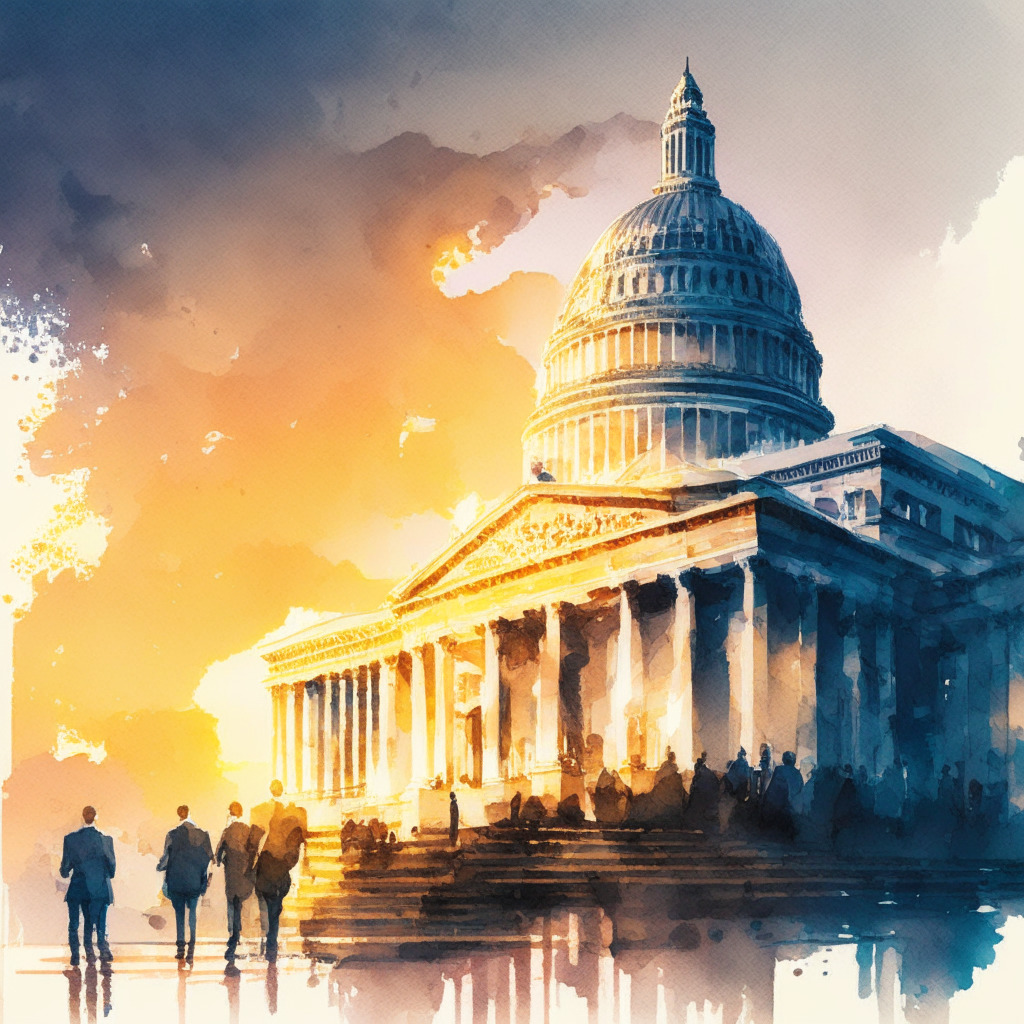As the landscape of digital assets continues to evolve, the issue of regulation looms large on the horizon. Recently, Republican Patrick McHenry shared some thoughts on the possibility of the US crypto legislation coming together within the next couple of months. As chair of the House Financial Services Committee, McHenry’s opinion holds some weight, and his words fuel optimism for those who have been waiting for clear rules and regulations surrounding cryptocurrencies.
Despite the pro-crypto sentiment from Congressmen and Senators like McHenry and Senator Cynthia Lummis, it is important to analyze whether the legislation can be effectively put together within a relatively short time frame. While there have been concerns that the Biden administration is adopting a negative stance on cryptocurrencies, one could argue that the establishment of a comprehensive regulatory framework would provide legitimacy and respectability to the emerging industry.
Although Europe and other parts of the world have made progress in implementing regulatory frameworks for crypto markets, such as MiCA regulations that will take effect in 2024, the US seems to be lagging behind. If legislation is indeed signed by President Biden within the next year, it would not only signal an official stance on cryptocurrencies but could also potentially bolster the industry and its innovative technology.
However, there is another aspect to consider. As regulation is developed and potentially becomes more restrictive, the industry may face obstacles in its growth. Crypto’s newfound legitimacy might open the doors for institutional investment, but it could also threaten traditional banks, which are quickly becoming obsolete in the age of digital assets. These institutions could mobilize massive wealth to slow down the progress of crypto firms they see as competition.
While legislation may bring clarity and stability to the industry, it is critical to strike a balance between regulations that promote consumer protection and those that spur innovation. Although McHenry’s pro-crypto leadership might speed up the legislative process, it remains to be seen whether the eventual regulations will favor the crypto industry or impede its growth.
In conclusion, the possibility of US crypto legislation within the next couple of months is enticing, especially for those who have been waiting for clear and comprehensive regulations. However, the effects of any possible legislation remain uncertain, with both the potential for increased legitimacy and investment as well as the possibility of resistance from traditional banking institutions. As the industry continues to develop, the crucial balance between regulation and innovation will be what defines the future of cryptocurrency in the United States.
Source: CryptoDaily




